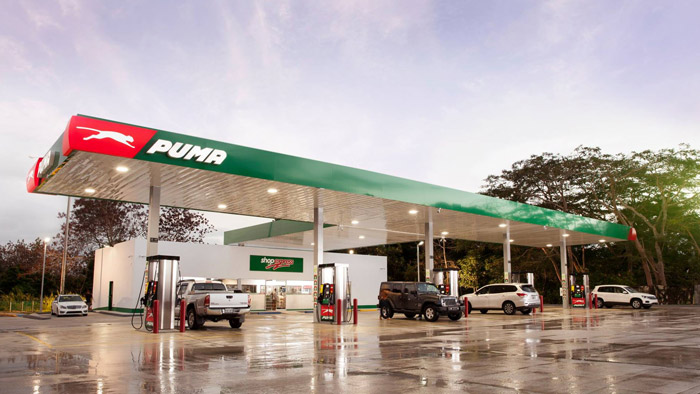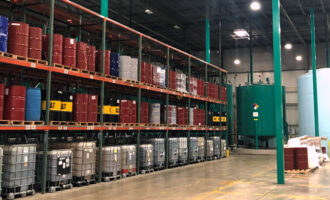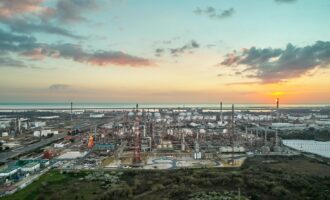
Chevron Corp. subsidiary to acquire Puma Energy (Australia)
Chevron Australia Downstream Pty Ltd, a wholly-owned subsidiary of US-based Chevron Corporation, has agreed to acquire all the shares and equity interests of Puma Energy (Australia) Holdings Pty Ltd for the amount of AUD425 million (USD291 million) from Puma Energy Asia Pacific B.V.
Puma Energy (Australia) and its subsidiaries’ assets include a network of company-owned and retailer-owned service stations in Australia, a commercial and industrial fuels business, owned or leased seaboard import terminals and fuel distribution depots. Puma Energy has a 3% market share of retail sales as of June 2019, according to the Australian Competition and Consumer Commission (ACCC). Chevron Corporation, based in San Ramon, California, U.S.A., is one of the world’s leading integrated energy companies. Chevron exited the Australian market when it sold its 50% stake in Caltex Australia in March 2015 for AUD4.62 billion (USD3.16 billion).
“The acquisition will provide Chevron with a stable market for production volumes from our refining joint ventures in Asia and create a foundation for sustainable earnings growth,” said Mark Nelson, Chevron’s executive vice president for Downstream & Chemicals. “It will build on Chevron’s strong history of partnership in Australia and our global experience in fuels and convenience marketing and supply.”
The acquisition of Puma Energy (Australia) Holdings Pty Ltd is expected to close in mid-2020, subject to regulatory approvals and the satisfaction of customary closing conditions.
Headquartered in Brisbane, Puma Energy (Australia) employs more than 600 people in Australia, supplying approximately 2.2 billion liters of vehicle and aviation fuels into the Australian marketplace per annum. It has its own haulage fleet, Directhaul, which delivers 1.6+ billion liters of fuel every year to more than 4,000 commercial customers.
Puma Energy is a leading global energy business and the retail and midstream arm of commodities trader Trafigura. Puma Energy has around 3,000 retail sites, a presence at more than 80 airports and a network of 100 storage terminals in 47 countries across six continents. Puma Energy directly employs more than 8,000 people, with regional offices in Johannesburg, South Africa, San Juan, Puerto Rico, Tallinn, Estonia, and Singapore.
In 2013, Puma Energy entered the Australian market with the purchase of 360 fuel stations, 222 stores, 81 restaurants and 15 car washes from Ausfuel, Neumann Petroleum and Central Combined Group. According to Reuters, the purchase price for the Ausfuel and Neumann assets was around AUD850 million (USD582.2 million).
Returns from Puma’s historically strongest markets – Angola and Australia – dropped sharply in 2018, pushing the firm into a net loss that has continued through the first half of 2019. “Australia remains one of the 10 largest contributors to Puma Energy’s volumes and EBITDA, albeit down from being the second-largest historically,” Fitch ratings agency said in its downgrade report.
Earlier this year, Puma’s new chief executive hired Mckinsey to review the business and engaged Bank of America to sell some assets. Puma sold its Paraguayan business to Trafigura’s joint venture Impala Terminals last month for USD200 million.









